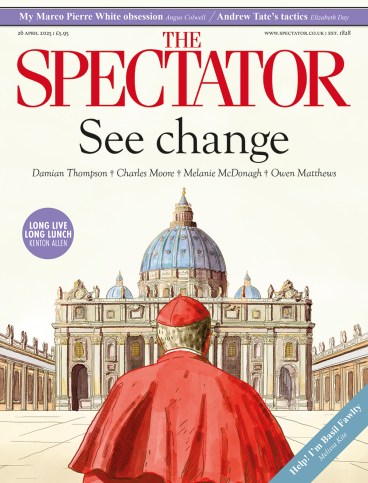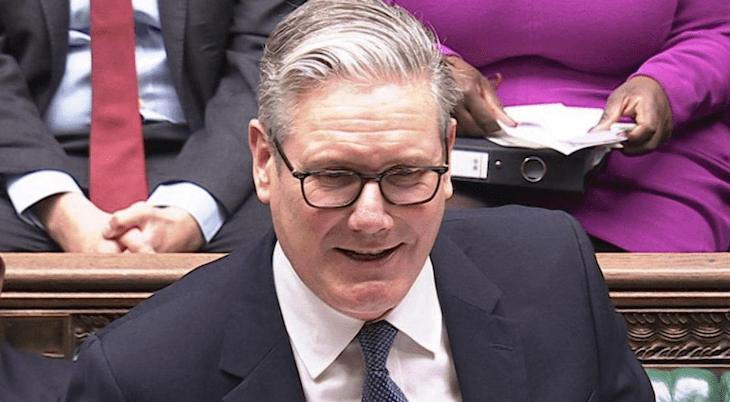
The UK now has a political class that seems to have lost all interest in sport
It’s that time of the year again in football when the Championship sweeps all before it: it’s full of joy and life with packed houses, goals, drama and uncertain outcomes. It’s stacked with great names: Leeds, Burnley, Sunderland, Coventry, Blackburn, Norwich, Preston, Derby (take your pick). It’s where Coventry vs Middlesbrough on the last day of the season should be a big, big match. Leeds hammered six past Stoke on Monday, watched by nearly 37,000, and secured promotion to the Premiership, along with Prem regulars Burnley, who were watched by 21,486.
Meanwhile, the great Luka Modric, multiple Champions League and Ballon d’Or winner, has taken a stake in Swansea City, currently mid-table in the Championship, as an investor and co-owner. And as he’s someone who has been playing at the highest level more or less forever, it’s safe to say that he knows what he’s doing. NFL megastar Tom Brady has a small stake in Birmingham City, who have cruised League One and will take their place in the Championship next season. American investment is everywhere in the Championship: Norwich, Leeds and Burnley all have American ownership, as does Portsmouth, which is run by Michael Eisner, former Disney CEO.
This seems to me to represent a pretty vibrant football world. But watch out: a new regulator with powers to impose massive fines and penalties, vet prospective buyers and oversee finances, not just in the Premiership but across the top five tiers of English football, could soon take control. This watchdog, which evolved after the collapse of the European Super League in 2021, is largely disliked in football, which takes the view that the sport is highly regulated anyway and the new structure could send several clubs to the wall as well as deterring investment. Football has its fair share of characters you wouldn’t expect to meet on a pilgrimage, but it’s a risky business and it takes all sorts. It shouldn’t be the business of government to deter risk.
I sometimes wonder whether this unnecessary and unwanted football regulator, currently making its way through parliament, has come about because the UK now has a political class that seems to have lost all interest in sport. And make no mistake, the regulator could really mess up the lower leagues. Sir Keir Starmer is a big Arsenal fan – and a keen player – but he is a rarity. Boris Johnson, ready to pounce if the ball came free from the back of the scrum, certainly liked a rugby metaphor and was often pictured in tennis gear and cricket whites. John Major loved cricket and Tony Blair was a good footballer. But Kemi Badenoch? Liz Truss? Nigel Farage? Ed Davey?
The parliamentary tennis club used to play in the Westminster school courts in Vincent Square, but now the MPs have a desultory little knock-up in a park in south London. When Harold Wilson created the first minister of sport, the former Football League referee Denis Howell, in 1964 the soccer-mad PM put sport slap-bang into politics and government. Today I doubt whether anyone can name any recent minister of sport.
The political indifference to sport spreads to local government, where councils sell off sports grounds to satisfy property developers. Sport is no longer part of public policy with consequences for everyone to see in youth alienation and one of the unhealthiest societies in Europe. But please, let’s stop this damned regulator.
Footnote: Bury FC, whose collapse in 2019 was one of the factors leading to the drive to a football regulator, have just achieved promotion from the ninth tier of the English football pyramid. There you see: a club goes bust but can reform. It’s a pyramid that works.







Comments